Genetics
-
 Genetics
GeneticsShaking hands could transfer your DNA — leaving it on things you never touched
After a long handshake, the DNA you trade could end up on things you never touched.
-
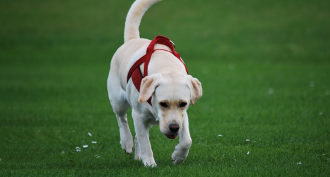 Genetics
GeneticsThe smell of fear may make it hard for dogs to track some people
Genes and stress may change someone’s scent, confusing search dogs.
-
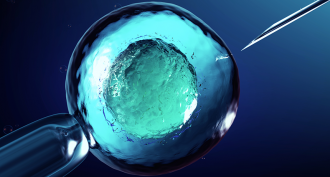 Science & Society
Science & SocietySome scientists ask for ban on the gene editing of babies
Scientists and research organizations have just issued calls for a voluntary ban on editing genes that can be inherited by people.
-
 Genetics
GeneticsExplainer: What are genes?
Genes are DNA regions that tell cells how to build proteins. But we have many more proteins than genes. And much of our DNA controls when genes turn on and off.
-
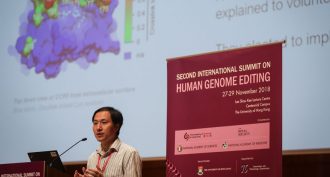 Genetics
GeneticsScientist reports first gene editing of humans
A Chinese researcher claims to have edited the DNA of human embryos. Babies from those embryos were born this month, and the news kicked off a firestorm of controversy.
-
 Plants
PlantsPlants don’t grow well when always on high alert
Plants make bitter-tasting chemicals to defend themselves against hungry bugs. But they pay a cost for always being on alert, scientists find.
-
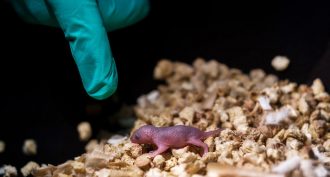 Genetics
GeneticsGene editing creates mice with no mom
Scientists used gene editing to make the first ever mice with two dads. But these motherless pups died soon after birth.
-
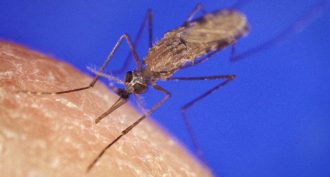 Genetics
GeneticsGene editing wiped out a population of mosquitoes in lab tests
For the first time, a gene drive caused a population crash of mosquitoes. Such gene editing could drive the malaria-carrying insects to extinction.
-
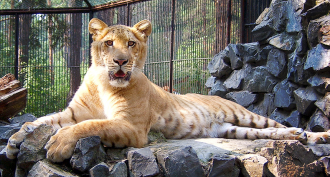 Life
LifeThe mixed-up world of hybrid animals
When animals from related species mate, they may produce hybrid offspring. These animals can display a jumble of traits, such as colors, shapes or behaviors.
By Roberta Kwok -
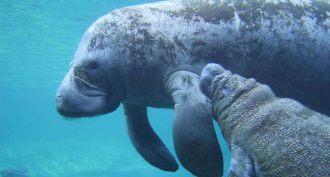 Life
LifeA ‘ghost’ gene leaves sea mammals vulnerable to some toxic chemicals
Manatees, dolphins and other warm-blooded marine animals can't break down some common pesticides. The newfound reason: Long ago, their genes lost the ability to do so.
-
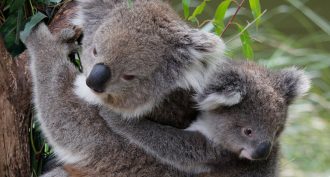 Genetics
GeneticsKoala genes could help scientists save these furry animals
Scientists have examined the clues within koalas’ genetic instruction book. They are learning more about how to save these cuddly creatures.
-
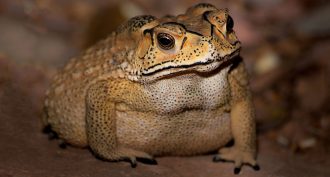 Genetics
GeneticsToxic toads pose threat to Madagascar’s predators
The Asian common toad, an invasive species in Madagascar, produces a chemical in its skin that’s probably toxic to most of the island’s predators.